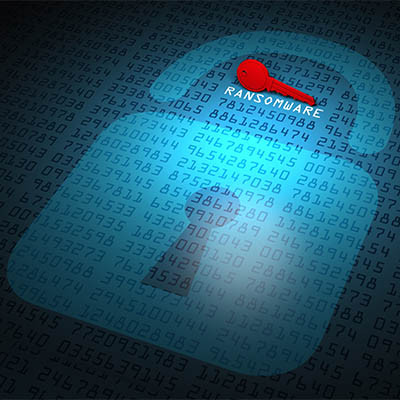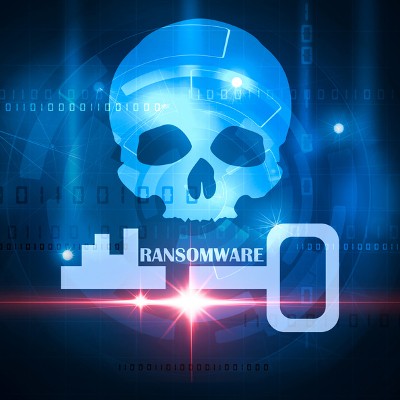SouthBridge Consulting Blog
We often discuss how your business can avoid the impact of ransomware, but what we don’t often discuss is what happens to businesses that do, in fact, suffer from such a devastating attack. We want to use today’s blog as an opportunity to share what your business should (and should not) do in the event of a ransomware attack, as well as measures you can take to avoid suffering from yet another in the future.
A new ransomware attack has surfaced, this time mostly targeting IT companies and their clients. The attack is specifically targeting the Kaseya platform. Kaseya is management software that many IT companies use to remotely manage and support technology. The attack in question attacked Kaseya’s supply chain through a vulnerability in its VSA software; this attack is notable because of how it targeted the supply chain, not only striking at the vendor’s clients—notably IT companies—but also their customers. Basically, this attack had a trickle-down effect that is causing widespread chaos for a massive number of businesses.
We know, we know; you’re probably sick of seeing ransomware in headlines, and so are we, but we cannot stress enough how important having an awareness of it is for any business owner. A new study has found that businesses infected by ransomware who choose to pay up experience a different type of fallout--one that is a major cause for concern and a stark reminder that there are no guarantees with ransomware. Ever.
65 of any currency doesn’t seem like a lot of money, but when you are dealing in the cryptocurrency Bitcoin, it adds up quick. One city on Florida’s Atlantic coast is finding that out the hard way after getting hit with a ransomware that stymied the city of 35,000 government’s ability to function. Let’s take a look at the situation that made the city’s leaders agree to pay hundreds of thousands of dollars to scammers.
Let me ask you a question… let’s say that you’re about one year from your projected retirement, when a ransomware attack encrypts all of your files. What do you do? Pack it in and retire early? This is precisely the situation that the practitioners of Brookside ENT & Hearing Services of Battle Creek, Michigan, have found themselves in - and it may not be over yet.
The funny thing about ransomware is that they give them very strange names: Bad Rabbit sounds like the name of a villainous bunny who gets his comeuppance in some type of modern nursery rhyme, not malware that would ravage hundreds of European businesses. Locky seems like the son of Candado de seguridad, a character Medeco would come up with to educate kids on proper physical security. The latest in a long line of funny-named ransomware, SamSam, isn’t a pet name for your pet ferret you perplexingly named Sam, it is one of the worst ransomware strains ever, and it has caught the attention of U.S. Federal law enforcement.
Ransomware doesn’t discriminate with its targets, as the city of Atlanta, Georgia now knows so painfully well. The city became the target of a ransomware attack that crippled many of its critical system workflows. The municipal government suffered from one of the most advanced and sustained attacks in recent memory.
Put yourself in the shoes of a cybercriminal. If you were to launch a ransomware attack, who would be your target? Would you launch an indiscriminate attack to try to snare as many as you could, or would you narrow your focus to be more selective? As it happens, real-life cybercriminals have largely made the shift to targeted, relatively tiny, ransomware attacks.








